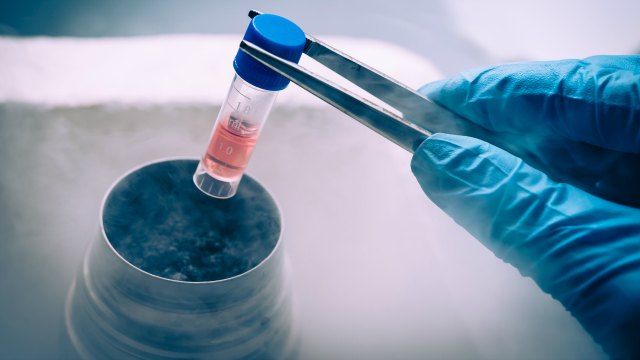 ISTOCK, PABLO_KFor decades, biobanking has been held up as an essential research tool. While few doubt the scientific value of having catalogues of well-characterized tissues, cells, and other samples, these research platforms have also generated a significant amount legal and ethical controversy, especially in the context of consent and the control of research samples. Despite the ubiquity of biobanks, there continues to be vigorous debate about issues such as how consent should be obtained and the control of donated material.
ISTOCK, PABLO_KFor decades, biobanking has been held up as an essential research tool. While few doubt the scientific value of having catalogues of well-characterized tissues, cells, and other samples, these research platforms have also generated a significant amount legal and ethical controversy, especially in the context of consent and the control of research samples. Despite the ubiquity of biobanks, there continues to be vigorous debate about issues such as how consent should be obtained and the control of donated material.
This reality has created a remarkable situation. Throughout the world, billions of public and private dollars have been invested in biobanks and millions of individuals have been asked to donate biological material and personal information. But, at the same time, there remains deep uncertainty about fundamental legal and ethical norms.
In a PLOS Biology commentary published today (July 25), my colleague at the University of Alberta, Blake Murdoch, and I suggest that this policy uncertainty places both research participants and biobanks in a precarious position. A more explicit recognition of this reality may facilitate much needed policy reform.
Legal scholars have argued that in some jurisdictions the most commonly used form of consent—that is, broad or open consent—does not adhere to relevant legal norms, which ...




















